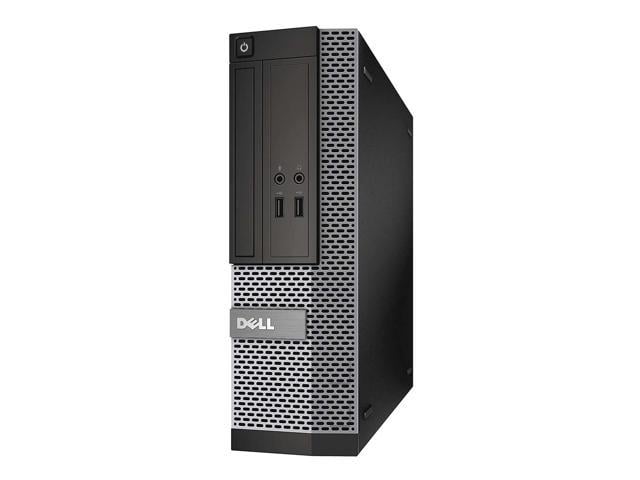It all depends on use cases. By itself Pi4 is quite beefy, but if you are used to a full-fledged PC experience, it'll be a hard transition. But as a secondary low-power PC (or a nettop) - it's perfectly fine.
Back in a day I ran Cubietruck SBC as a secondary PC. Browsing/email etc was fine, but YT or streaming was pain in the ass due to lack of opensource Mali graphics driver(even 480p was chugging badly), but had an advantage of built-in SATAII port (which was non-existent in competition). Served me well for a few years, until I upgraded to Pi3.
Pi4 is much better in that regard. There are drivers for GPU and video decoding, there's quite a bit of performance under the hood, and distros are relatively stable. Between naked Pi4 and Pi400 I'd go straight for Pi400, cause for some reasons it's much cheaper in most regions than a stock Pi4 and gives you many bonuses as a side effect.
I'm actually in the process of making something similar, but since Pi's are about as hard to find as pink unicorn's ass, I've decided to go with a decent TV box (H96 Max X3). I thing it sells for around $40-45 these days, but I got mine almost for free. Currently running headless ubuntu, but I finally found a distro with GPU acceleration which should work. Amlogic S905x3 4GB DDR3 64GB storage and an SD card slot. Already modded stock cooling with "fancy" chinese graphite tape, better heatsink, and a slim 40mm fan. Also added a little pigtail for UART port which is easy to attach/detach once the ugly top sticker was removed. Also in plans is an external SMA connector for Wifi antenna, and maybe playing around with a clock display to show something useful (there's a driver for it, so you don't have to mess with GPIO on low level).
There are also much beefier boxes that run stock AOSP(not Android TV), which might be even better for the job. I think the most expensive box I've seen so far was around $75-80 for RK3566 and 8/128GB config. Basically a good replacement for a Raspberry Pi or any other SBC, if you don't really care about GPIO.
But if you want to spend your money wisely, I'd rather invest into something like Lenovo M700 Tiny, or Dell 3050 Micro. These cost about the same on the used market as the most "optimistic" price tag for a Pi4, but can do a lot more than playing cat videos. I have an older ghetto-rigged M73p Tiny at the office as a daily, and I'm building an M700-based home server. One of my friends is using my previous maxed-out M93p Tiny for CAD and so far he is super-happy (his older PC was a C2D dinosaur w/ 9600GT which miraculously survived 'till 2022 in his cold, damp, and dirty workshop).




